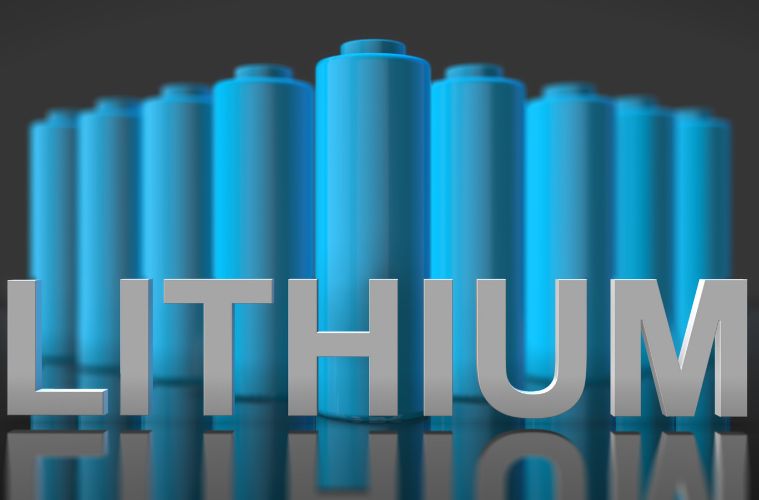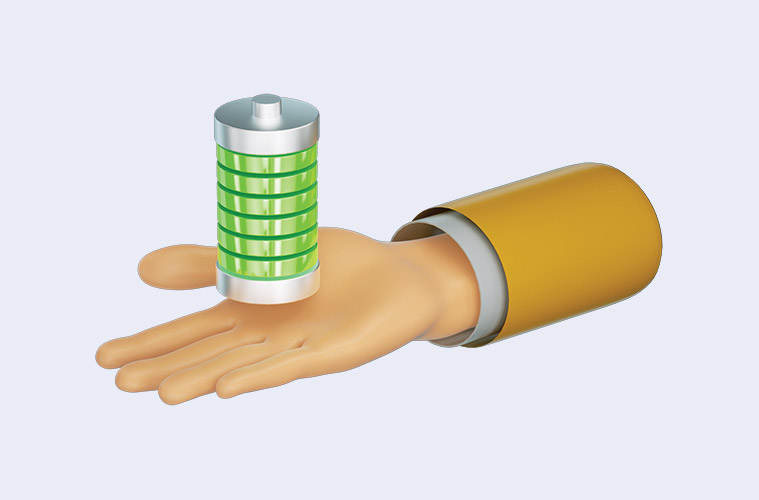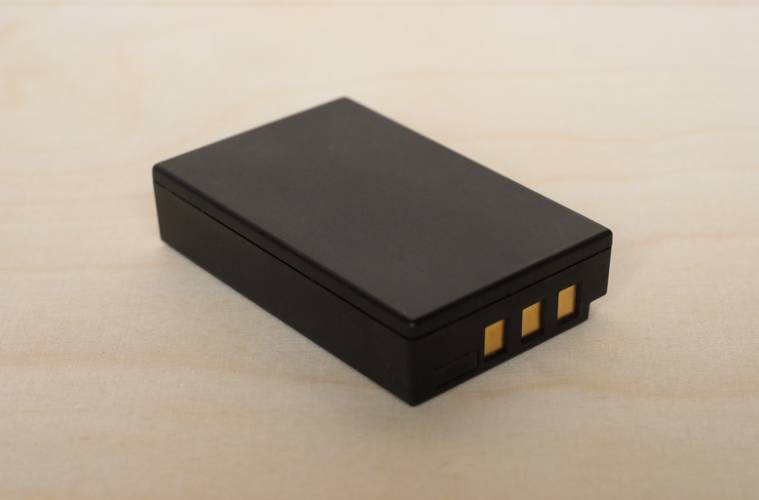
Lithium-ion (Li-ion) batteries are widely used in a variety of applications due to their high energy density and relatively low self-discharge rate. However, like all batteries, Li-ion batteries can pose a safety risk if not used and handled properly. Here is a more in-depth look at the safety of Li-ion batteries:
- Thermal Runaway: Li-ion batteries can experience thermal runaway, a process in which the temperature of the battery increases rapidly, leading to a fire or explosion. This can occur if the battery is punctured, overcharged, or otherwise damaged. To prevent thermal runaway, it is important to use Li-ion batteries only with devices and chargers that are specifically designed for the battery type, and to follow the manufacturer’s guidelines for charging and handling.
- Short-Circuits: Li-ion batteries can short-circuit if the positive and negative electrodes come into direct contact. This can cause a release of energy that can damage the battery and pose a fire risk. To prevent short-circuits, it is important to avoid damaging the battery and to store it in a cool, dry place.
- Overcharging: Overcharging a Li-ion battery can cause damage to the battery and increase the risk of thermal runaway. To prevent overcharging, it is important to use a charger that is specifically designed for the battery type and to follow the manufacturer’s guidelines for charging times and voltages.
- Quality Control: The safety of Li-ion batteries can also depend on the quality control of the manufacturing process. To ensure that Li-ion batteries are safe, it is important to purchase batteries from reputable manufacturers and to look for certifications such as UL or CE.
- Recycling and Disposal: Proper recycling and disposal of Li-ion batteries is important to reduce the risk of environmental damage and to prevent fires. Li-ion batteries should never be thrown in the trash, but should instead be recycled or disposed of through a designated battery recycling program.
In conclusion, Li-ion batteries are generally safe when used and handled properly, but can pose a safety risk if damaged or misused. Careful attention to proper usage and handling guidelines, as well as the quality control of the manufacturing process, is critical to ensure the safe use of Li-ion batteries.




